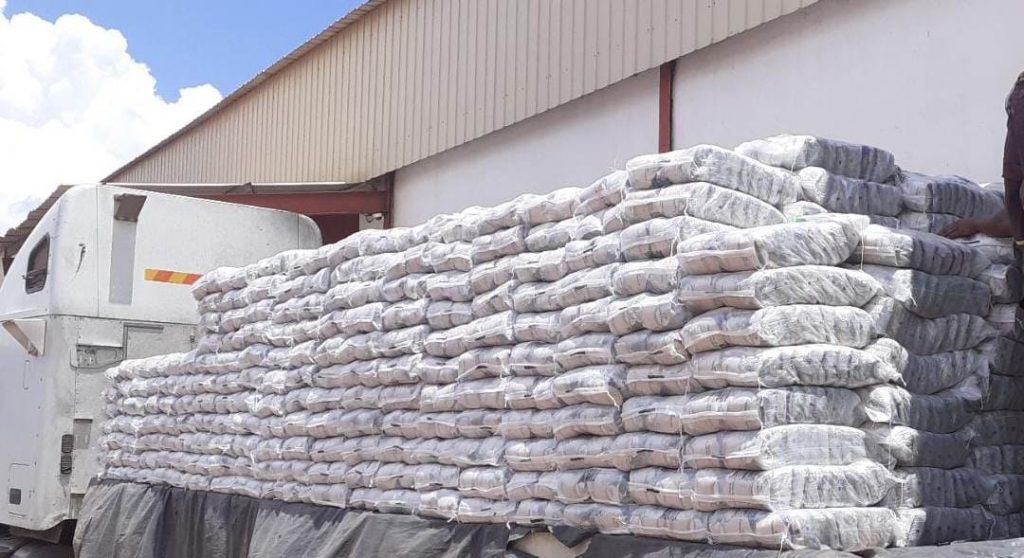Sugar boosts exports in October
A marked jump in sugar exports in October last year pushed up Malawi’s exports, which increased by 34.2 percent, Reserve Bank of Malawi figures show.
The increase in exports, according to the RBM’s October Economic Review Report, resulted into a lower deficit of $136.7 million (about K113.0 billion) in the review period than deficits of $154.1 million (about K126.9 billion) recorded in the preceding month and $195.9 million (about K149.3 billion) for October 2020.

The RBM data shows that the exports increased to $124.5 million (about K102.3 billion) which outweighed the growth in imports of 5.8 percent to $261.3 million (about K215.2 billion) during the same period.
“The upturn in exports was mainly driven by sugar exports, which more than doubled to $6.6 million (about K5.4 billion) during the month under review.
“This was complemented by increases of 9.1 percent and 4.2 percent in tobacco and tea exports, to $55.4 million (about K45.5 billion) and $5.6 million (about K4.6 billion), respectively,” reads the report, in part.
The data further shows that growth in imports was on account of increases of fuel imports at 60.6 percent, 14.9 percent for importation of vehicles and fertiliser imports at 20.3 percent.
Malawi’s economy is largely affected by external economic developments which experts partly blame on trade imbalances as imports outweigh exports, a development which contributes to economic vulnerability.
In addition, in Malawi Agricultural products continue to dominate Malawi’s export basket accounting for about 80 percent of Malawi’s export basket as such the country’s exports also depend on seasonality factors.
According to University of Malawi’s Chancellor College economics professor Ben Kaluwa, it will be hard for Malawi to narrow trade balance because of the nature of commodities it relies on as exports.
Economics Association of Malawi (Ecama) president Lauryn Nyasulu, in an earlier interview, also urged authorities to ensure that the country addresses underlying structural constraints the economy has and have strategies in place that will improve exports.
She said: “What is needed for countries such as Malawi is to promote production of goods and services for export. The country needs to address its weak manufacturing base and ensure that industrial policies aimed at preferential treatment, especially those concerning Small and Medium Enterprises and manufacturing, are in place.
Ministry of Trade spokesperson Mayeso Msokera also admitted earlier that trade balance has become an issue of concern, “but government continues to implement policies and strategies to narrow the trade gap”.
He said the main focus is to build the export readiness of Malawi exporters and develop regional and global value chains, promote entrepreneurship with emphasis on micro, small and medium enterprises and addresse critical enablers related to exports such as energy, transport, market intelligence and trade facilitation.





